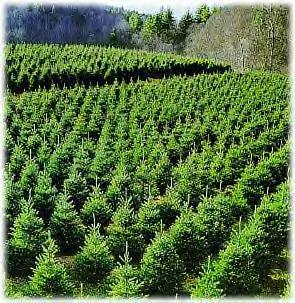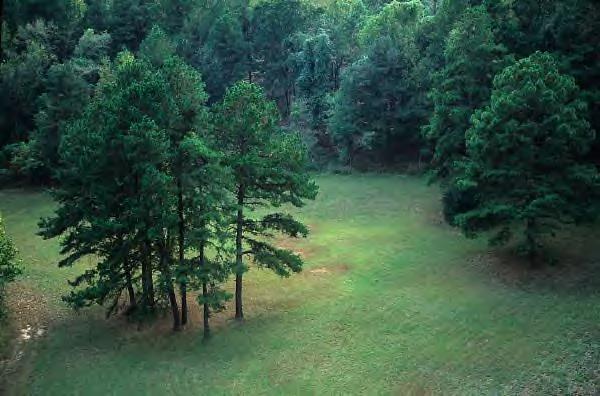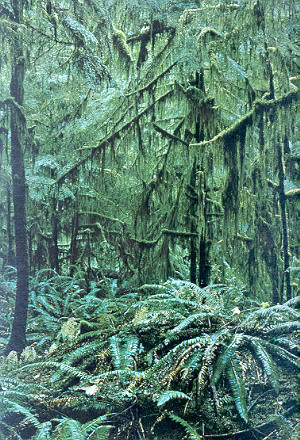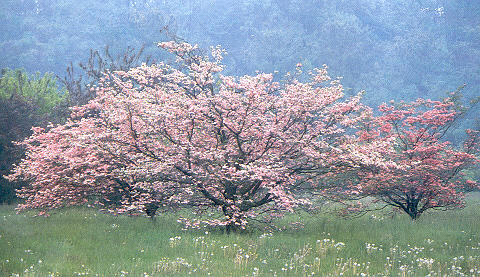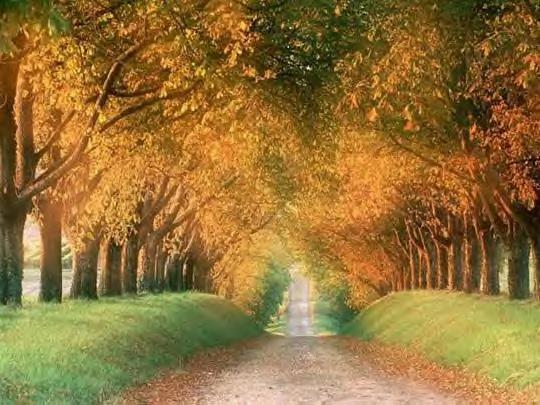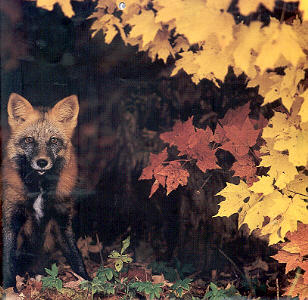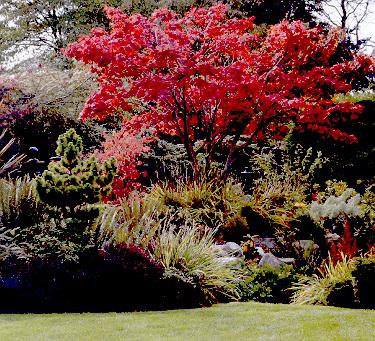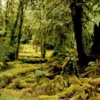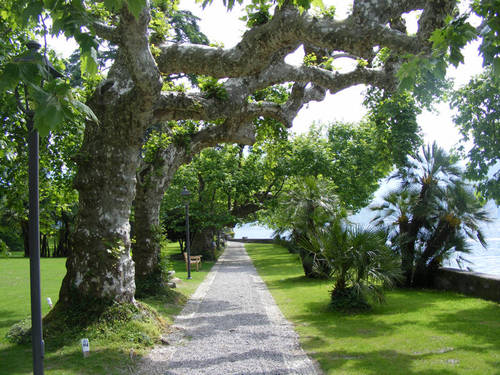November 2007 issue:
Forests harbor much of the world's biodiversity. They soak up water and seed rainclouds; they inhale carbon dioxide; they exhale oxygen for us to breathe. They are essential to life, but sadly, despite the growing consciousness about the importance of forests, we continue to lose around 13-million hectares per year (an area the size of Greece).
Forests are lost to logging for timber and consumer products, to land clearing for agriculture, and increasingly, to palm oil and other biofuel plantations.
As concern about global warming grows, the roles of forests in combating it is becoming better understood. Here is what we know:
About one fifth of greenhouse gas emissions worldwide come from land clearing and deforestation-more than from the entire transportation sector.
Immediately when forests are logged, disturbed soils release carbon dioxide and methane. Then more gases are released over time as leaves and twigs decay.
Different types of forests store carbon in different ways.Tropical forests cover the most acerage and store more of their carbon in the mass of their living vegetation than in soils.
The northern forests surrounding the pole, known as boreal forests, comprise the largest single reservoir of carbon on the planet. Most of this carbon is buried in deep layers of permafrost,frozen peat accumulated ofer thousands of years.
Temperate forests of the mid-latitudes contain about a third as much carbon as found in tropical forests and less than one sixth of the amount stored in boreal forests and their soils.
As the climate warms and dries out, some forests are starting to release more carbon than they absorb in their annual growth cycles. At the same time, there is an increase in the number and severity of forest fires. Although the exact climate impact of forest fires is disputed, the loss of carbon storing adds significantly to global warming.
We really have no choice: We are drowning in carbon and must save the trees, because trees are the arc that holds our climate together.
Try hugging a tree sometimes. It doesn't have to be a big tree. Take a walk in the woods and press your heart against a tree and see how it makes you feel.
An ancient cedar in Olympic national Park in Washington State, USA





